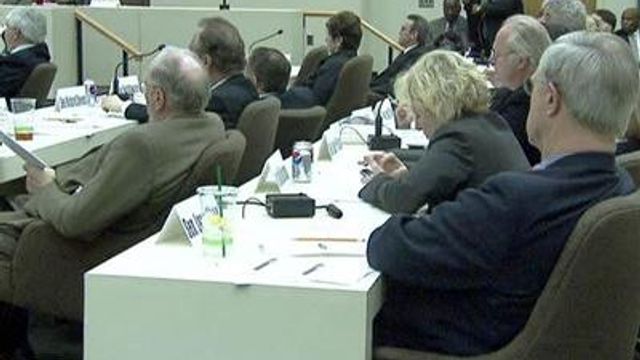RALEIGH, N.C. — Stimulus funds might not help bail out North Carolina's ailing economy.
Lawmakers on Wednesday afternoon found out that although the state’s $6.1 billion share of the federal stimulus package could have a positive impact, federal tax cuts could drastically hurt North Carolina's future tax revenues because state tax code mirrors federal tax code.
"That could cost the state $200 million this year, and I mean by the end of this year's fiscal because of some provisions that are enacted right away and more than $250 million in 2009-2010," Roland Stephen, with the Research and Policy Institute for Emerging Issues, told lawmakers at a legislative meeting.
Without getting into too many specifics, the state's stimulus czar, Dempsey Benton, provided state lawmakers with a broad overview of how the state plans to spend the money.
"This is a huge undertaking, and Mr. Benton and his team are going to have their challenge. And how will it be immediate? I don't think so," Sen. David Hoyle, D-Gaston, said.
Benton promises the stimulus will create immediate jobs, and he promised full transparency in how it is spent.
"In terms of the projects we are considering, we're going to stand up our Web site in the next week or so."
After looking at the report and hearing Benton's presentation, lawmakers like Hoyle are expressing doubt and concern.
"I mean there's things in (the plan) to study. You know, $5 million, $2 million (to study issues). Time for studying is over with," Hoyle said. "We know what the problems are. We need some jobs."
Benton says states have 12 months to use the funding or they lose it. He says he doesn't plan on losing any of it.






